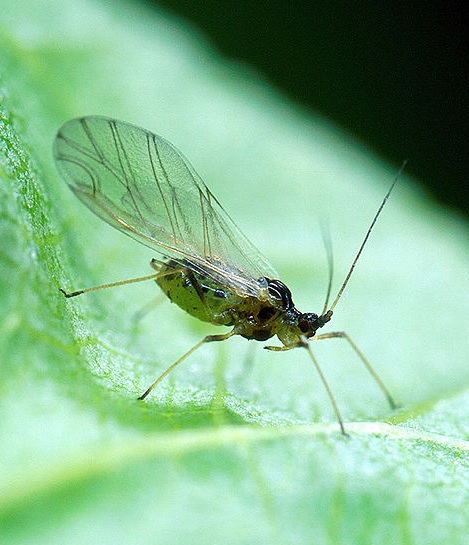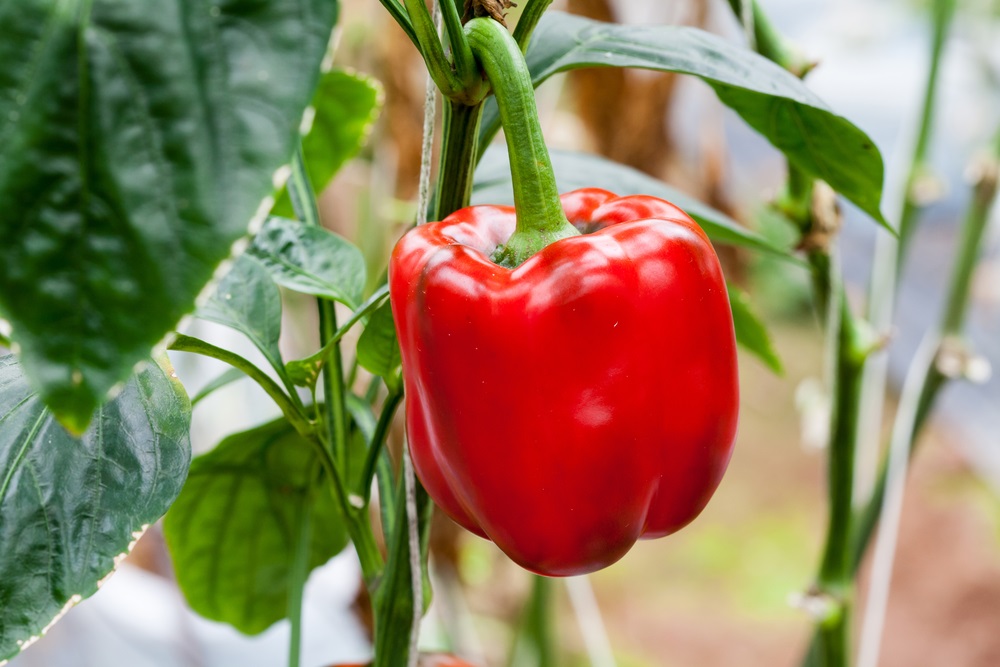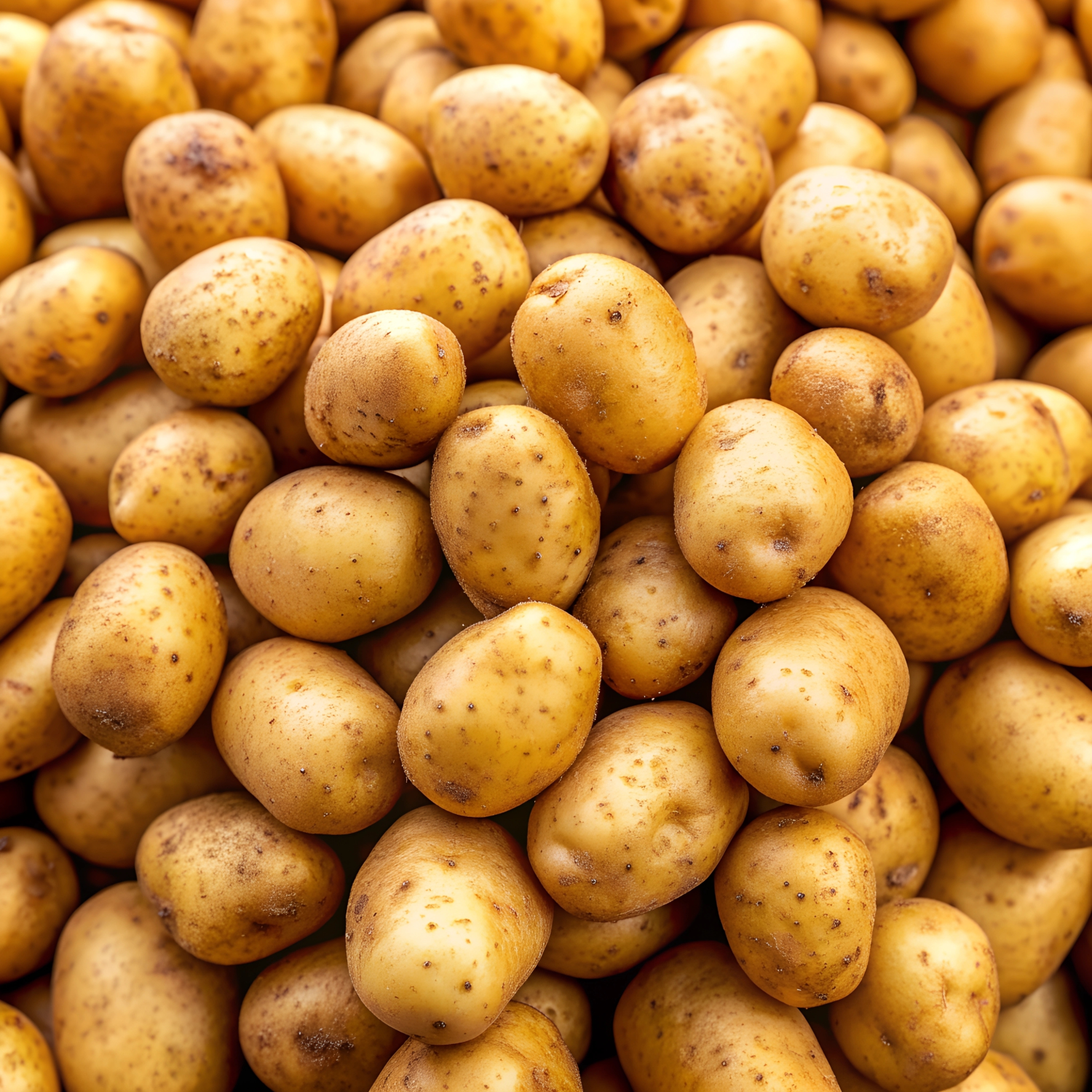The green peach aphid is feared by bell pepper farmers. Organic pest control is a solution, but its effect is insufficient. The use of insecticides is increasingly restricted. Karen Kloth has obtained a Vidi-grant to strengthen the plant itself with the help of primaeval bell peppers and microbes.
The bell peppers and peppers in grocery stores may look and taste fine, but they are extremely vulnerable to insects such as aphids. They seem to have lost their resilience somewhere during the lengthy breeding process. However, Kloth believes that it can be restored. She aims to breed the lost resilience back into new bell pepper varieties, using primaeval bell peppers from South America.
Cameras
‘There are indications that this resistance exists’, Kloth says. ‘But not much is known about it.’ Hence, the first job is to track down plants that have the required resistance. ‘We will put together an extensive panel of plant breeding lines and test them for resistance.’ Cameras and software will be used to meticulously follow the aphids to discover when they attack what plant.

Resistant plants will then be subjected to a meticulous investigation as to why they are more resilient than existing bell peppers. To this end, Kloth will use single-cell RNA sequencing, a method to map a reaction to the sting of an aphid on a cellular level. The method uncovers what genes are involved and activated during such a reaction. This level of detail is ‘entirely new’, according to Kloth.
New insights
‘We can follow the aphid’s behaviour at a cellular level as in: when the aphid does this, the cell responds thus’, she adds. I believe this will lead to completely new insights. For example, on the question of why our bell pepper is so vulnerable to aphids. Kloth: ‘We will find new genes, but we may also discover that resistant genes are present but are simply not activated by the aphids’ attack.’
We may also discover that resistant genes are present but are simply not activated by the aphids’ attack
Karen Kloth, entomologist
In addition to genetically fortifying the resilience against aphids, the study will investigate whether microbes may be of help. ‘These bacteria and fungi are located in or on the roots and have an important role in activating the resistance to plague insects’, says Kloth. ‘We already have a proof of concept. We will identify the micro-organisms that are useful to the plant, and that can be used in breeding.’
The Vidi-grant, which is awarded by the Dutch Research Council and represents a sum of up to 800 thousand euros, allows Kloth to employ two PhD researchers and a postdoc. The project is a partnership with breeding businesses Enza Zaden and Rijk Zwaan, Wageningen plant research business KeyGene and bio-control business Biobest.
Three Vidis
Two other Wageningen researchers have been awarded a Vidi grant. Organic chemist Fedor Miloserdoy will put his funding towards developing new ways to make complex compounds using ruthenium catalysts, which are an efficient way to achieve stereo-selective chemical transformations. Biochemist Daan Swarts is to unravel how RNA interference (RNAi) in procaryotes (bacteria and archaea) originated. Not all of the DNA ultimately produces proteins. The so-called argonaut proteins break down the intermediate product RNA. How this complex process evolved is largely unknown. Swarts will seek answers.

 Photo Shutterstock
Photo Shutterstock 
